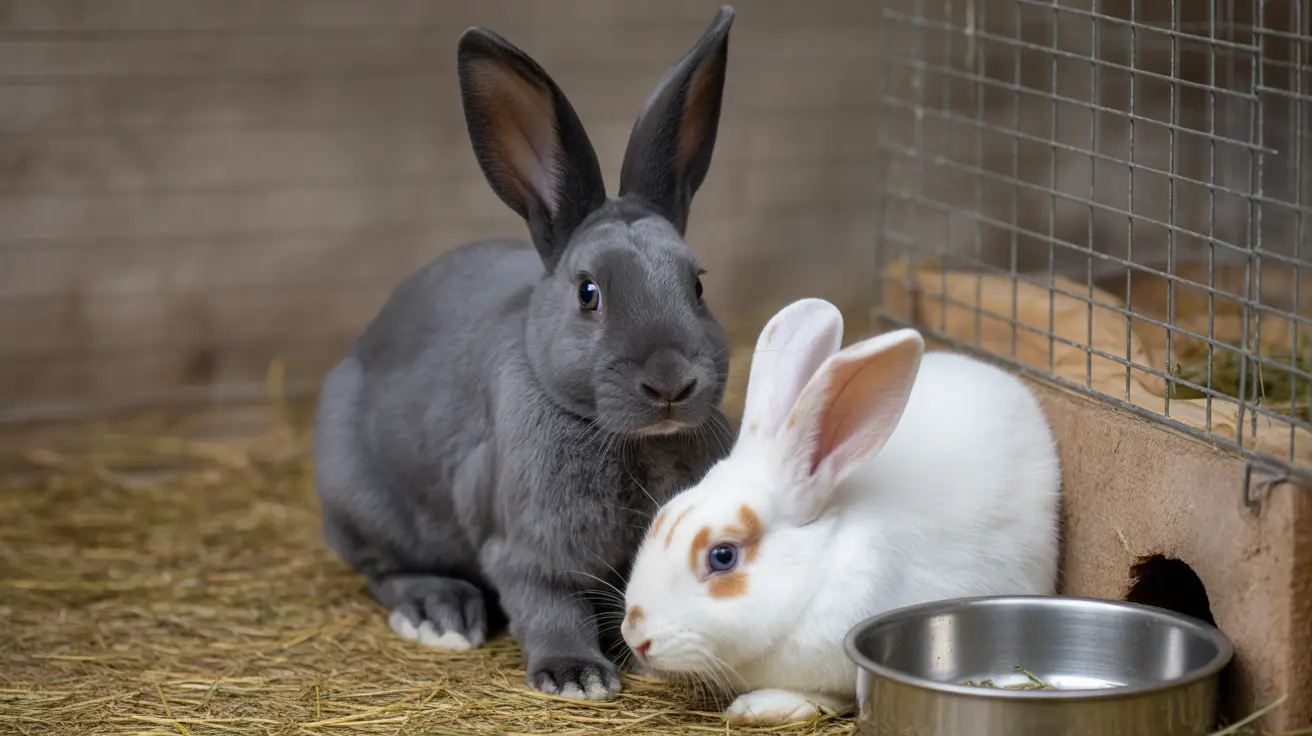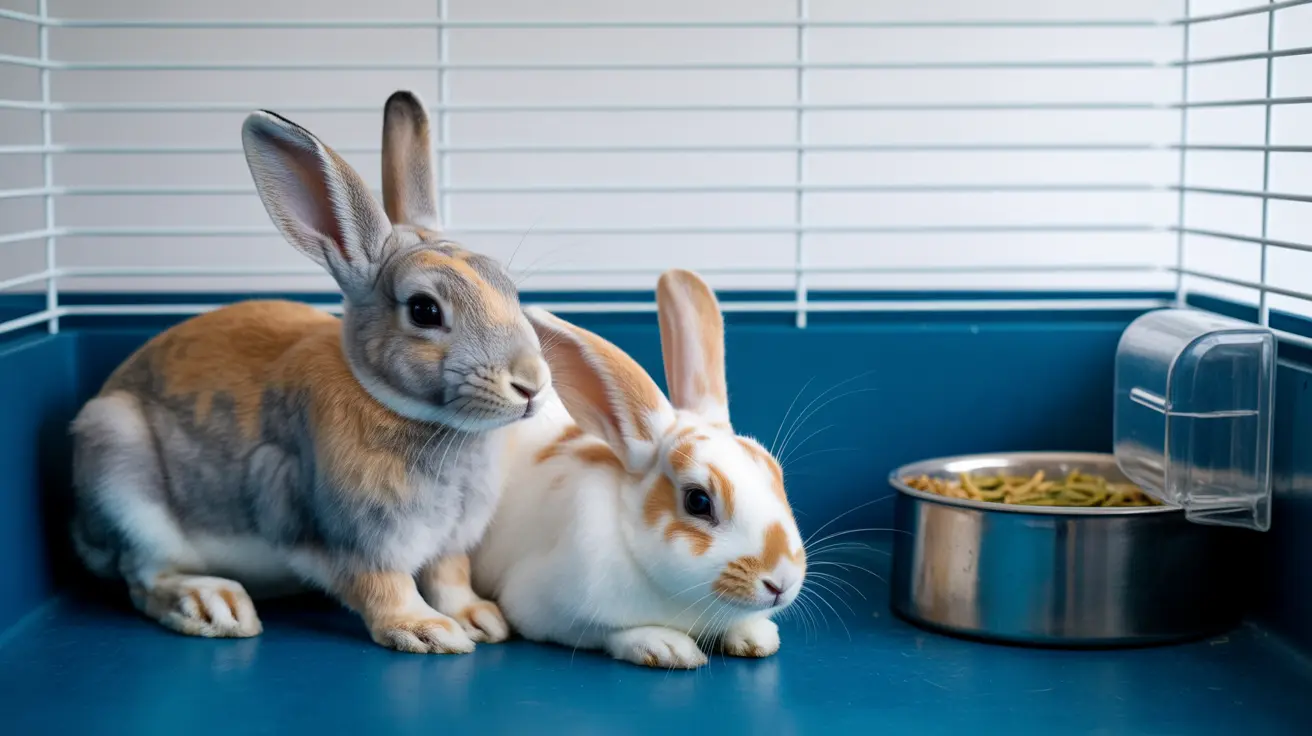Why Your Dog Likes Sweets and Why It's a Problem
It might seem cute or amusing when your dog begs for a bite of your dessert or licks up spilled soda, but giving in to these cravings can have serious consequences. Understanding why dogs like sweets and how sugar affects their health is crucial for responsible pet ownership.
Dogs Have a Sweet Tooth Too
While dogs have fewer taste buds than humans, they can taste sweetness. Their preference for sweet flavors is likely a vestige from their evolutionary past, when early canines consumed fruits and vegetables as part of a varied diet. This natural inclination makes them curious about sugary human foods.
The Dangers of Added Sugars
Although sugar is not toxic to dogs, it’s far from healthy. Consuming processed or added sugars can lead to numerous health issues:
- Obesity
- Diabetes
- Dental disease
- Stomach upset, vomiting, and diarrhea
- Metabolic disorders
- Pancreatitis
- Tooth decay
- Weakened immune system
Long-term exposure to added sugars can cause gut imbalances and reduce a dog’s overall wellbeing. Foods such as candy, cakes, sodas, table sugar, brown sugar, and corn syrup should never be given to dogs—even small amounts over time can be harmful.
The Hidden Dangers: Artificial Sweeteners
Many sugar-free products contain artificial sweeteners that are hazardous to canines, especially
- Xylitol: Found in gums, candies, toothpaste, and peanut butters, even tiny amounts can trigger life-threatening hypoglycemia, vomiting, seizures, liver failure, or death.
- Aspartame, sucralose, erythritol, stevia, and saccharin: Less dangerous but still capable of causing gastrointestinal distress in large quantities.
It’s vital to read ingredient labels and avoid giving dogs human foods that might contain any of these sweeteners.
Other Sweets That Are Toxic to Dogs
Even if they aren’t laden with sugar or artificial sweeteners, many human sweets are toxic to dogs for other reasons:
- Chocolate (especially dark): Contains theobromine, which is toxic to dogs.
- Grapes and raisins: Can cause kidney failure.
- Caffeine: Also toxic and potentially fatal to dogs.
Never feed your dog candy, lollipops, chocolate, baked goods, or any product containing these ingredients.
Safe Alternatives for Sweets
Instead of sharing your dessert, offer healthy, dog-safe alternatives that provide a bit of natural sweetness without the dangers associated with added sugars or artificial ingredients. Suitable options include:
- Apples (no seeds)
- Blueberries
- Strawberries
- Bananas
- Watermelon (seedless)
- Cantaloupe
- Carrots
Even these natural sugar sources should be given in moderation and should make up less than 10% of your dog's daily caloric intake. Overfeeding these healthy treats can still lead to weight gain or digestive issues.
What to Do if Your Dog Eats Sweets
If your dog eats a small amount of plain sugar, the effects may be minimal. Watch for signs like:
- Mild stomach upset
- Vomiting
- Diarrhea
However, if your dog consumes something with xylitol, chocolate, raisins, or caffeine, contact your veterinarian or an emergency animal clinic immediately. Dangerous symptoms include:
- Incoordination
- Seizures
- Lethargy
- Collapse
- Abnormal behavior
Feeding Guidelines and Veterinarian Advice
It’s important to offer portion-controlled, dog-specific treats or commercial options that are formulated without added sugars or artificial sweeteners. Always consult your veterinarian before introducing any new foods, especially if your dog has underlying conditions like diabetes or pancreatitis.
Conclusion
Your dog might like sweets because of their ability to taste sugar, but that doesn’t make it safe for them. Avoid added sugar, artificial sweeteners, and processed human sweets. Stick to healthy, whole-food treats in small amounts and prioritize your pet’s health over indulgence.





